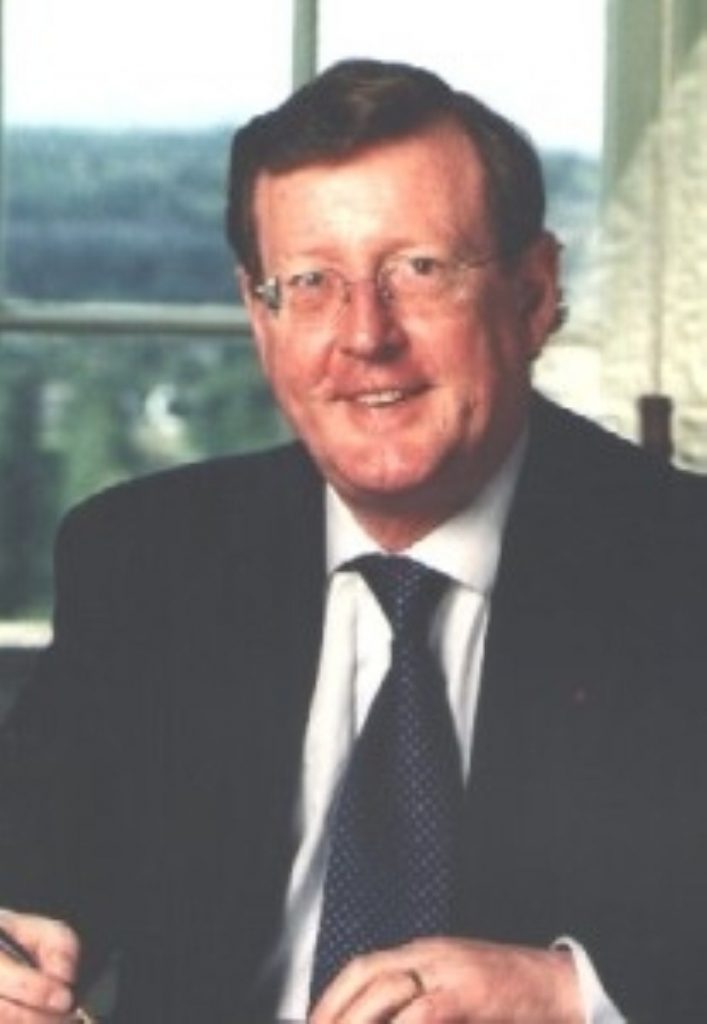Northern Ireland votes on future
Voters in Northern Ireland go to the polls today to decide the formation of the new power-sharing executive.
From 07:00GMT this morning, 1.1 million eligible adults will have the chance to cast their ballot by single transferable vote on the Stormont initiative, the keystone of the 1998 Good Friday Agreement.
The devolved administration was suspended a year ago amid allegations of IRA intelligence gathering at Stormont.
Voters in Northern Ireland were due to go to the polls in May, but internal wranglings prompted the British government to postpone the elections.


Last month, despite a lack of consensus on IRA decommissioning, Tony Blair set the date for the Northern Ireland Assembly elections.
Some 2,000 extra police have been drafted in at polling stations to deter extremist paramilitary groups from launching assaults.
The turnout is expected to be lower than usual given the inclement weather and apathy among voters.
Sinn Fein and the Democratic Unionist Party (DUP) are both tipped to gain extra seats at Stormont.
Paul Murphy, Northern Ireland Secretary, said: “This is an important election for the future of Northern Ireland. I would encourage everyone entitled to vote to make full use of their democratic mandate.
“The future of Northern Ireland will be shaped by the electorate. While no-one underestimates the political difficulties that exist, everyone can use their vote to move things forward.
“I would encourage people to be positive and contribute to the future by making the effort to turn out and vote.”
In the 1998 election the Ulster Unionists won 28 of the 108 seats, the SDLP took 24, the DUP gained 20 and Sinn Fein held 18.
Psephologists are predicting a close run in between David Trimble’s Ulster Unionists and Dr Paisley’s anti-home rule Democratic Unionists.
Dr Ian Paisley’s party has insisted a new political settlement in Northern Ireland would have to be penned if the party emerged with a majority in the 108-seat Assembly.
But Mr Trimble has dismissed calls for a new format to the power-sharing executive.
Mr Trimble said the demands of the DUP were disruptive and unspecified.












